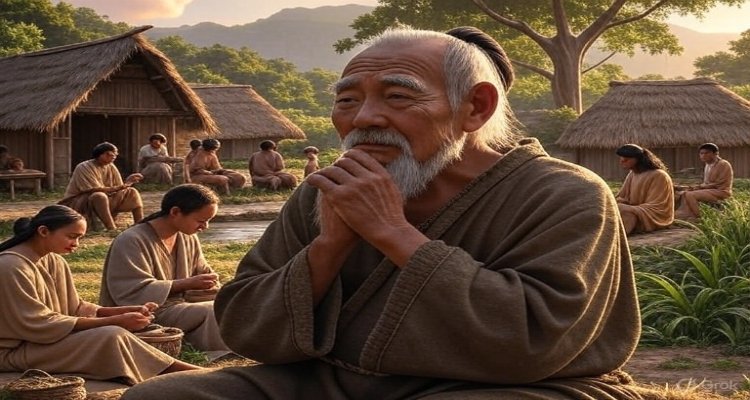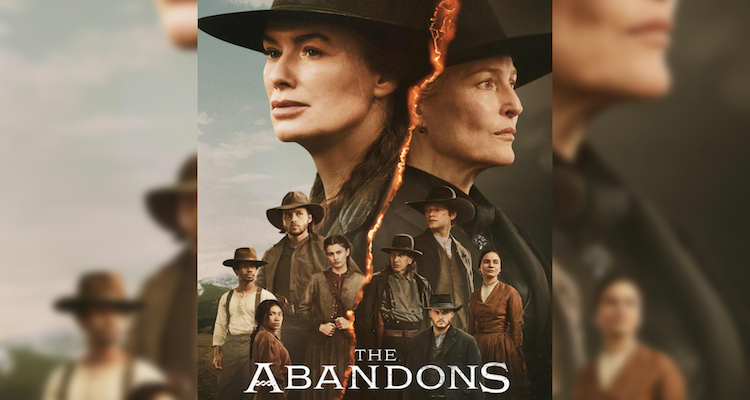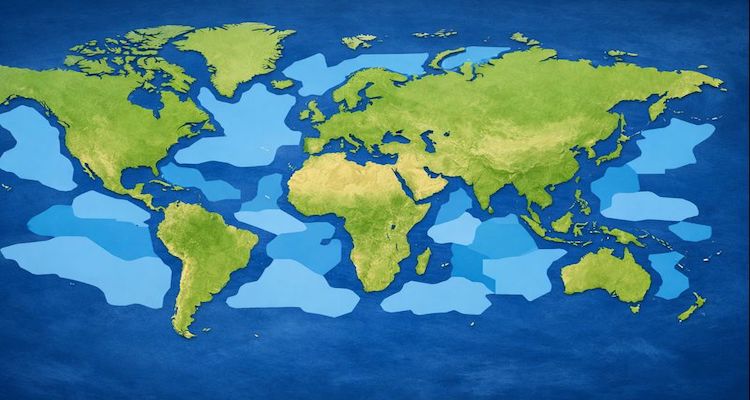Why Some Ancient Civilizations Had No Word for “War”

Some ancient civilizations had no word for “war.” Discover why certain societies thrived without organized conflict, and what this reveals about human history.
Introduction: A World Without a Word for War
Imagine a society where the concept of organized, large-scale conflict was so alien that there wasn’t even a word to describe it. While modern history often seems defined by wars, conquests, and empires, evidence shows that some ancient civilizations lived for centuries without formalized warfare. Their language—often considered a mirror of their worldview—lacked a term for “war,” suggesting a radically different approach to survival, community, and human relationships.
Context & Background: Rethinking the “Inevitability” of War
The idea that war is a universal and inevitable part of human existence is deeply rooted in historical narratives. From Mesopotamia’s city-state rivalries to the Roman legions, warfare has often been portrayed as the backbone of civilization-building. Yet anthropologists and archaeologists point to cultures where conflict was not institutionalized and where peace—not conquest—defined daily life.
For instance:
- The Minoans of Crete (3000–1450 BCE): Known for their art and trade, they left behind palaces adorned with symbols of nature rather than militaristic imagery. No conclusive evidence of standing armies has been found.
- The Indus Valley Civilization (3300–1300 BCE): Advanced in urban planning and trade, yet no clear records of war or large-scale weaponry exist in their ruins.
- Certain Indigenous Societies in the Americas and Pacific Islands: Some tribal languages contained no direct translation for “war,” though they had words for disputes or raids.
Main Developments: Why War Wasn’t Universal
So why did some civilizations lack a word for war? Researchers suggest several key reasons:
Geography and Isolation: Societies separated by oceans, deserts, or mountains faced fewer external threats. With limited contact, they had little reason to organize large-scale armies.
Economic Systems of Cooperation: Trade-driven economies, like those of the Indus Valley and Minoans, fostered networks of exchange rather than conflict over resources.
Social Structures and Governance: In some societies, collective decision-making and egalitarian values discouraged violent conflict. Authority was more about negotiation than domination.
Cultural Values: Where spirituality or kinship ties defined identity, maintaining harmony often outweighed territorial expansion.
Expert Insight: What Anthropologists Say
Dr. Jonathan Haas, an archaeologist specializing in early societies, has noted that warfare as we know it is not innate but emerges under specific conditions—such as population pressures or resource scarcity. Similarly, anthropologist Margaret Mead argued in her landmark essay Warfare Is Only an Invention—Not a Biological Necessity (1940), that organized war is a cultural choice, not a human instinct.
“Language tells us what mattered to a society,” explains Dr. Maria Lopez, a cultural linguist. “If a people had no word for war, it doesn’t mean they never had disputes—it means conflict never became institutionalized into their worldview.”
Impact & Implications: Lessons for Today
The fact that some ancient civilizations had no word for war challenges modern assumptions. If entire societies once thrived without formalized warfare, it raises the question: Could humanity move toward such a future again?
In a world facing nuclear threats, climate crises, and global migration, revisiting these examples isn’t just historical curiosity—it’s a blueprint. Ancient peace-centered societies show us that human communities can prioritize cooperation, resource-sharing, and diplomacy over conflict.
For policymakers, peacemakers, and ordinary citizens, these lessons highlight that war is not destiny. It’s a decision.
Conclusion: Reimagining Human History
History books often glorify battles, empires, and conquests. But the civilizations that had no word for “war” remind us of an overlooked truth: peace has shaped human history as much as conflict. Their existence proves that war is not universal, inevitable, or even natural—it is a choice societies make. And if it was possible once, perhaps it is possible again.
Disclaimer : This article is for educational and informational purposes only. Historical interpretations may vary, and archaeological evidence is subject to ongoing research.










